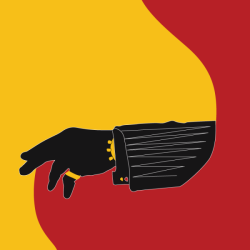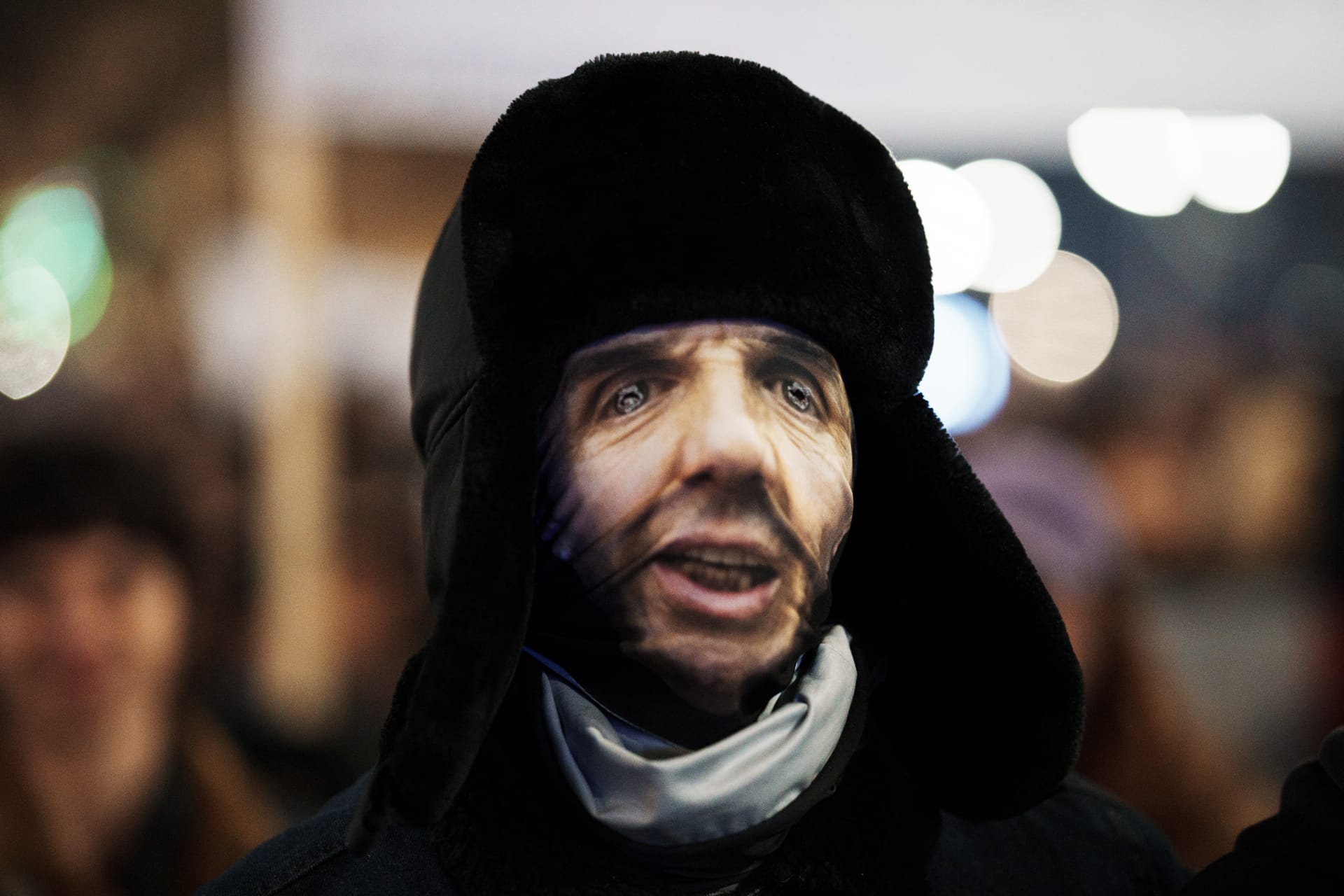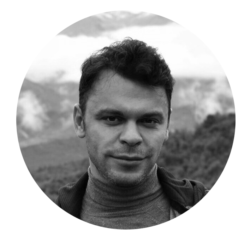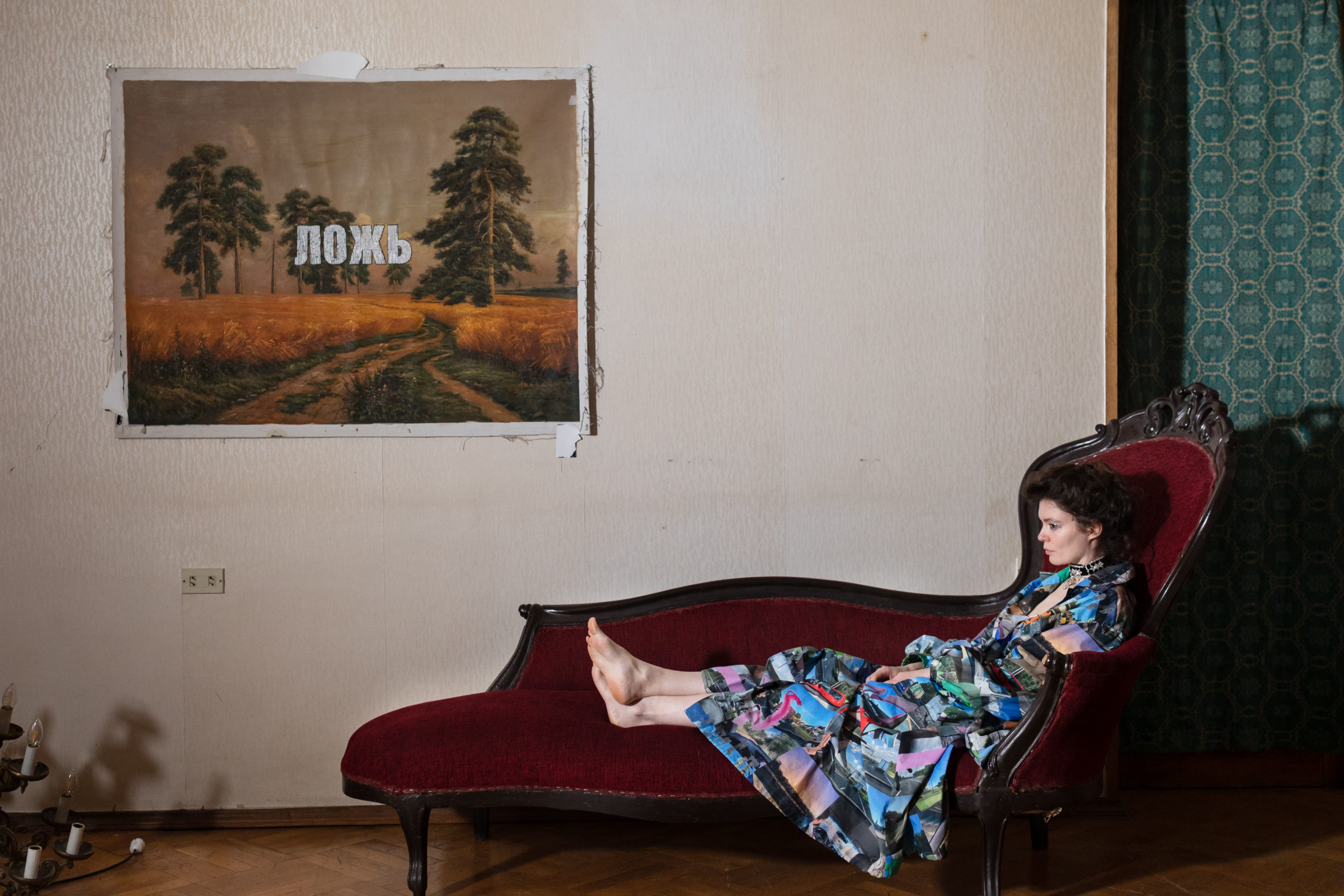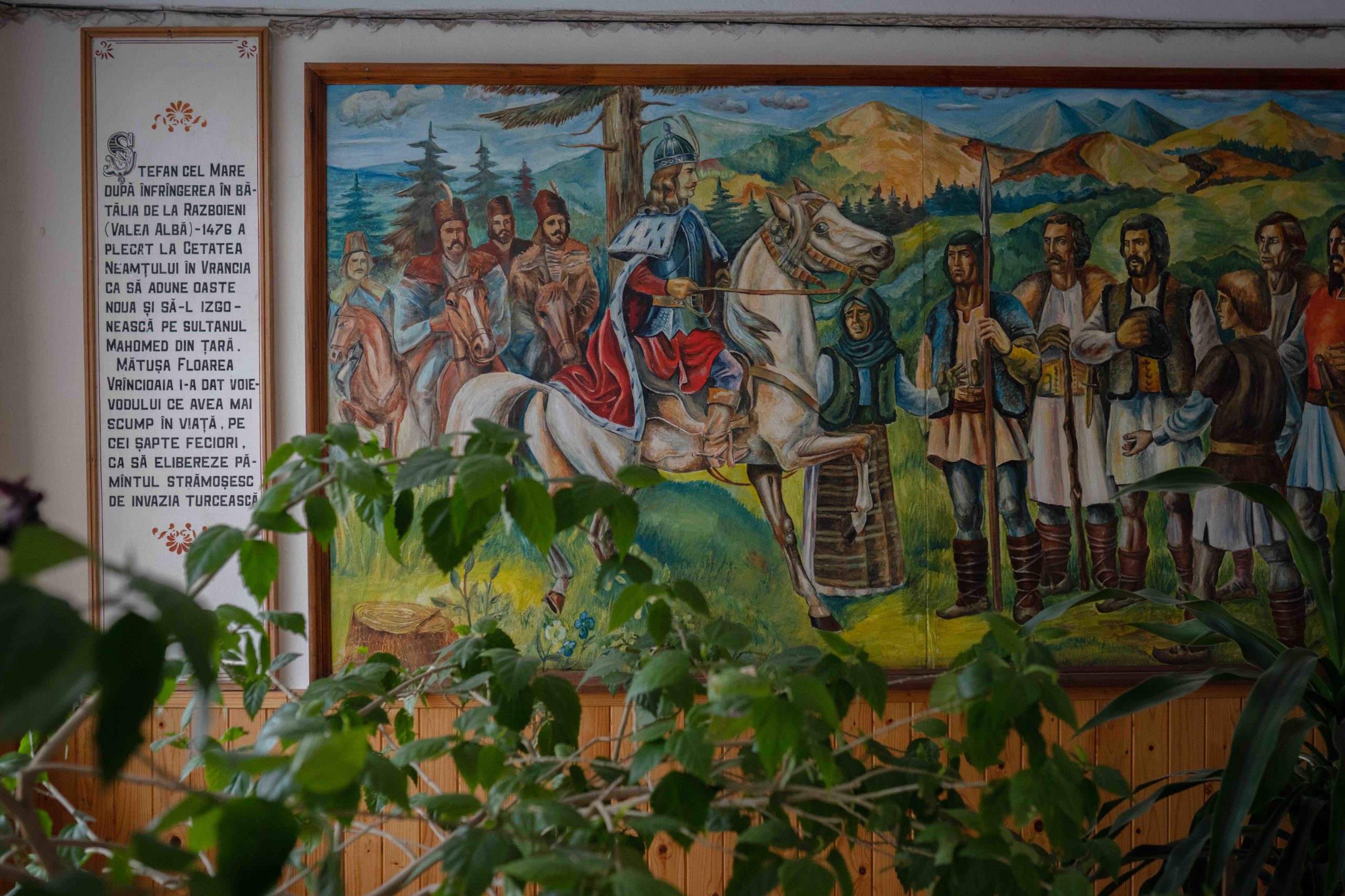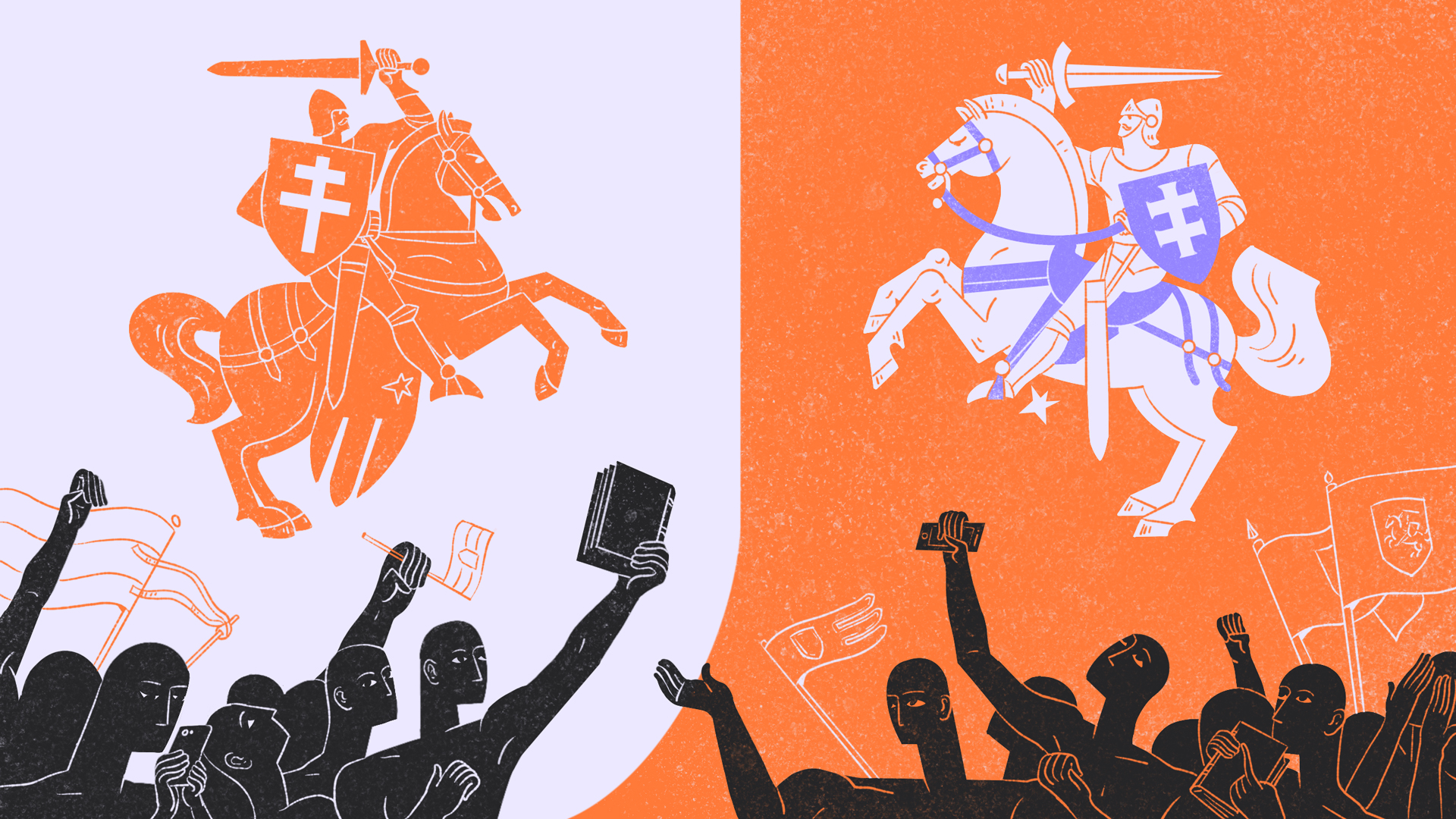I was born in a dictatorship. I saw it fall and did not think I’d see it rise again.
The dictatorship I was born in – the Soviet Union – was old and senile, much like the succession of its fossilized leaders who would appear at a plenary session one day and drop dead the next. By then, the bankrupt communist system was in its final throes, allegorically lampooned in film and literature while the nomenklatura played a desperate game of whack-a-mole with the ideas of freedom and nationalism that popped up in every corner of the exhausted empire.
Now in my forties, I’m watching a dictatorship return, watching it metastasize across the body of my country, Georgia, and eat away at the precious freedoms gained in the intermission.
“Georgia will never be Belarus,” was our presumptuous little mantra. We Georgians were too rambunctious, too freedom-loving to allow autocracy back in our midst. Since 1991, Georgia has had several presidents and a dozen prime ministers. The Belarusians have had one bewhiskered man in charge for the last 30 years. Perhaps our post-Soviet peers up north are simply not feisty enough to put up a proper fight. But to put us temperamental southerners under some mustachioed strongman’s thumb? Ooh, we’d like to see you try.
We even chanted this Belarus refrain when we poured into the streets of our capital, Tbilisi, last fall to tell our all-powerful oligarch, Bidzina Ivanishvili, that he does not own our country. We do. Squaring up to riot police, we held up posters and shook our fists, denouncing the oligarch-controlled government’s betrayal of the constitutionally-mandated pathway towards integration with the European Union and, with it, the betrayal of the promise to build a modern democracy.
After many arrests and fractured facial bones, we no longer chant that mantra with the same certitude in our voices. Dozens of young protesters are locked away in prisons, some still showing signs of the brutal beatings they suffered while in custody. Meanwhile surveillance technology, including facial recognition software, has been used to track down demonstrators and drown them in hefty fines.
Courts churn out guilty verdicts robotically and an opposition-free parliament is cranking out repressive laws to choke off dissent. From the prime minister down, Georgian government officials kowtow to Ivanishvili, the oligarch-in-chief and founder of the ruling party, who does not sport a mustache or have a formal position in the government but does own this country.
IIt is true that Georgia was never a blossoming democracy. My country was indeed institutionally ill-equipped to resist privatization by one (extremely) rich man. But most of us also thought that we were way past the stage when a regress into authoritarianism and isolation was possible. Ironically, it was in fact a democratic breakthrough that brought us to this juncture.
Thirteen years ago, when the nation’s richest son came down from his futuristic, hilltop castle in Tbilisi to announce his political ambitions, too many were fooled by his promises of freedom and prosperity. Political groups of every hue and stripe joined the army of the discontented that Ivanishvili raised to unseat President Mikheil Saakashvili, a pro-West reformer who caught the autocracy bug toward the end of his rule.
The oligarch’s alliance, Georgian Dream, became an unstoppable juggernaut as it rolled towards parliament, with respectable opposition figures and intellectuals hopping onboard in anticipation of key posts in the prospective new government. The billionaire’s manner suggested that he was not, as Russians are wont to say, exactly scarred with intellect. So his complacent new allies assumed that he did not have the experience, the sophistication, and the vocabulary to run the country on his own or bend it to his will.
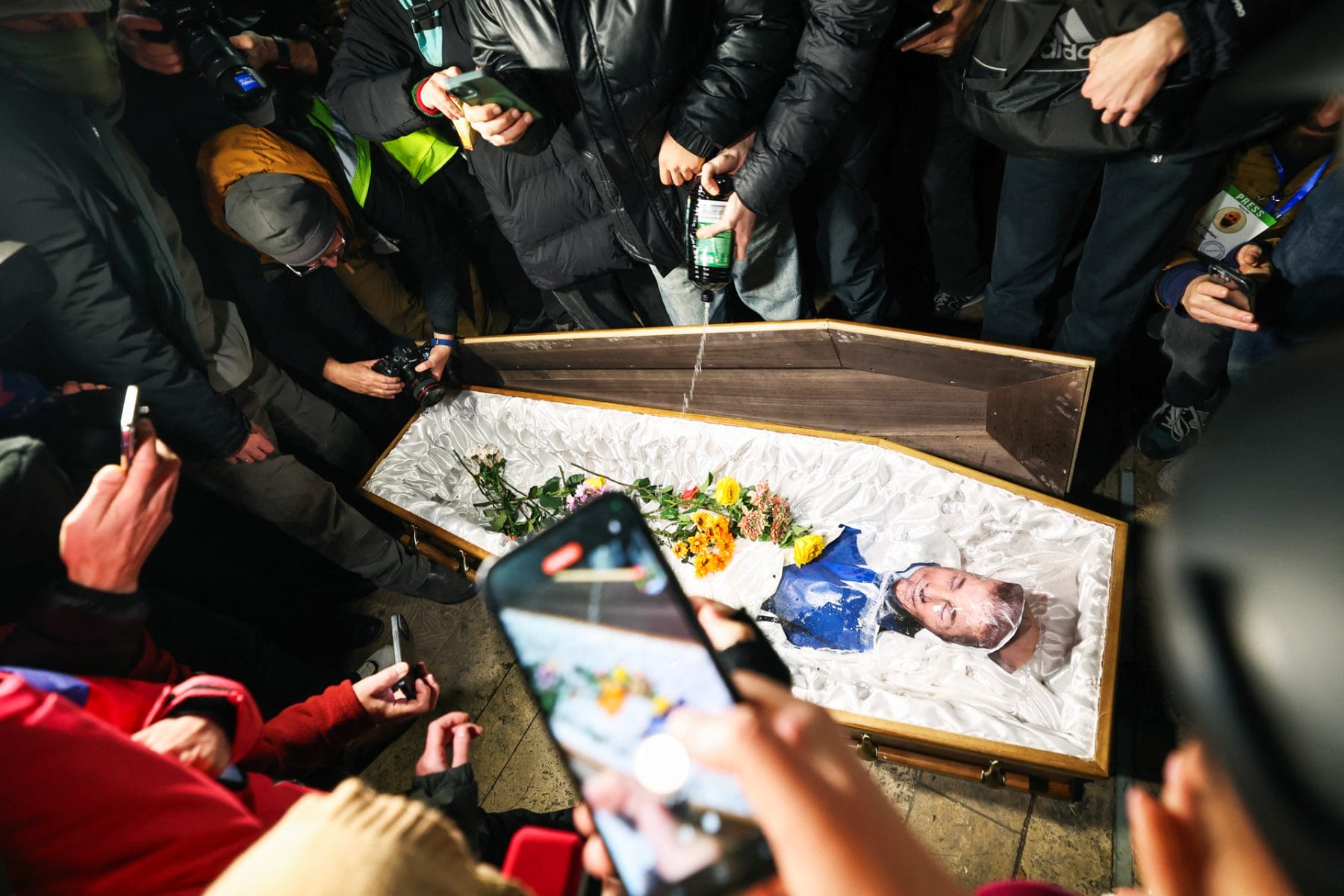
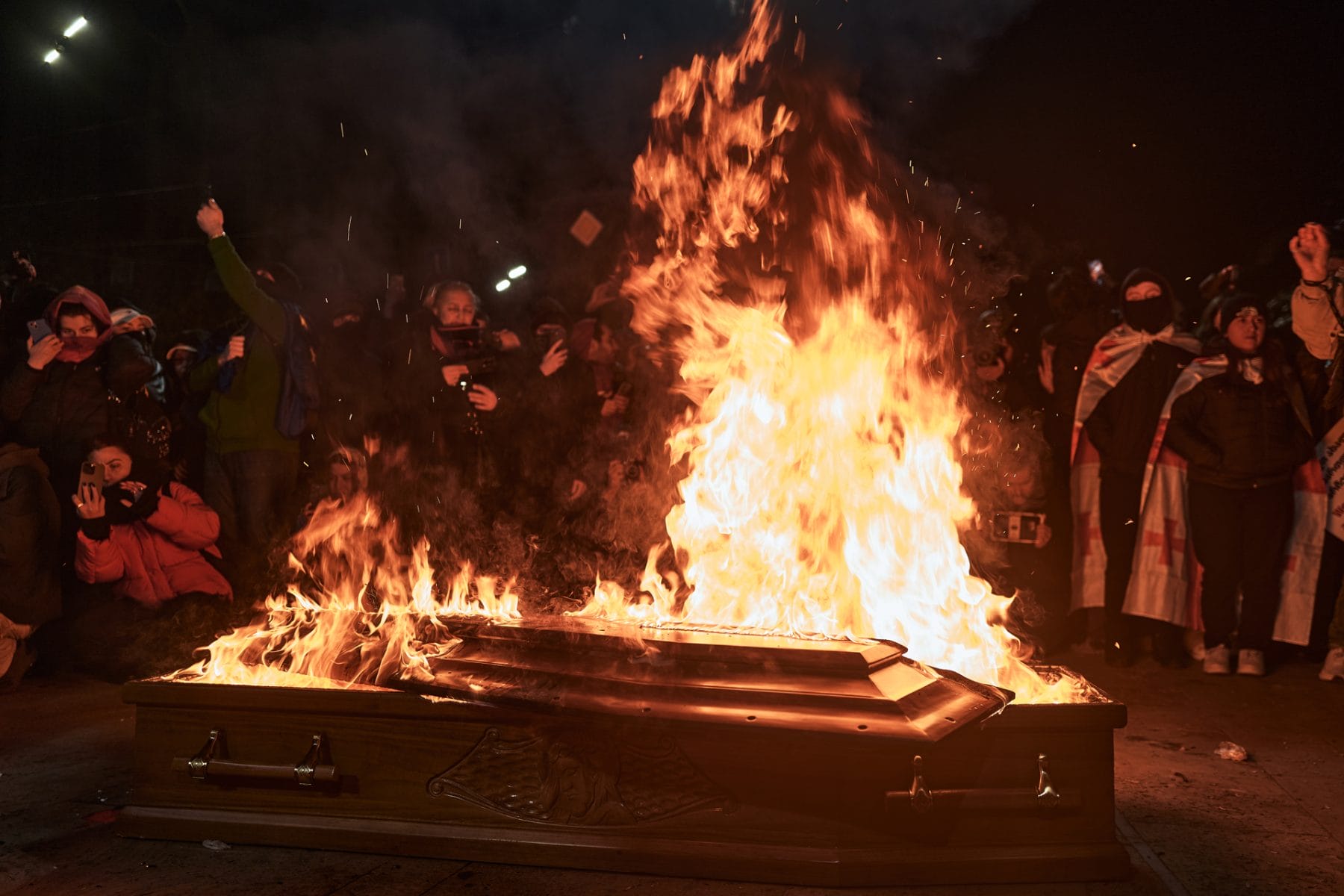
A few Cassandras did offer routine warnings that behind a simpleton’s façade was a tough man with a Machiavellian mind. It shouldn’t have been hard to guess. After all, Ivanishvili managed to make his fortune in the dog-eat-dog world of 1990s Russia and, unlike many from that crop of oligarchs, lived to tell the tale.
Aware of Ivanishvili’s penchant for philanthropy, voters across our cash-strapped nation were overcome by hope that the billionaire’s riches would trickle down to them. He encouraged these expectations. In one campaign stunt, his lieutenants placed glass boxes in the streets, asking passers-by to write their wishes on little cards and put them in the boxes for the wealthy Santa Claus to review at his leisure. Lines quickly formed and the boxes brimmed with Georgian dreams.
Saakashvili, though, was not going down without a fight. But Georgia’s American and European friends took him aside for a lecture on democracy. You can’t be serious about joining the democratic club, they said, without ensuring something as basic as the peaceful transfer of power. Saakashvili accepted defeat. And Ivanishvili took note: maintaining friendships with the West and accepting their rules was problematic to anyone planning to acquire and hold onto power.
The election of 2012 resulted in Georgia’s first-ever democratic transfer of power – previously, revolutions and civil wars were the preferred modes of operation. The country soon came to boast of a highly pluralistic environment. Groups and individuals of all backgrounds and political persuasions filled legislative and executive seats. A cacophonic multitude of media outlets became free to pursue every story and angle.
In contrast to Saakashvili, who shunned critical media, Ivanishvili spoiled us journalists with hours-long, everyone-is-welcome press conferences, where he fielded every question and told awkward jokes. Soon the EU agreed visa-free and customs tax-free deals with Georgia, and the popular desire for membership in the bloc finally seemed within reach. Freedom and democracy were here to stay and there was no going back.
Fast-forward a decade and you will find journalists and opposition politicians in prison. Critical media, human rights groups and corruption watchdogs are harassed and demonized. Politicians with values and minds of their own are banished from governance, and the Georgian Dream party has been reduced to a featureless monolith of yes-men.
The bid for EU membership is suspended. Georgia’s longtime partners, the EU and U.S., have been shown the door and requested to end their long-running support for democracy-building in Georgia. Moscow, once public enemy number one for Georgia, has become a source of inspiration for repressive ideas and pinches Tbilisi’s cheek in affectionate approval.
Kremlinesque laws raise the cost of political dissent and threaten to scatter Georgia’s once vibrant civil society – a key driver of democratic change for years. One of the laws that Georgian Dream borrowed from Russia’s playbook requires international donor-sponsored civil-society organizations and media to register as foreign agents – a label that in the local sense primarily connotes a foreign spy – or go to prison.
In a classic authoritarian move for this part of the world, the oligarch’s government styles itself as a guardian of the heterosexual integrity of the nation in the face of gender confusion and sexual incontinence supposedly foisted upon our proud Christian nation by the West. Homophobic laws and rhetoric further demonize and disenfranchise Georgia’s long-suffering LBGTQ community.
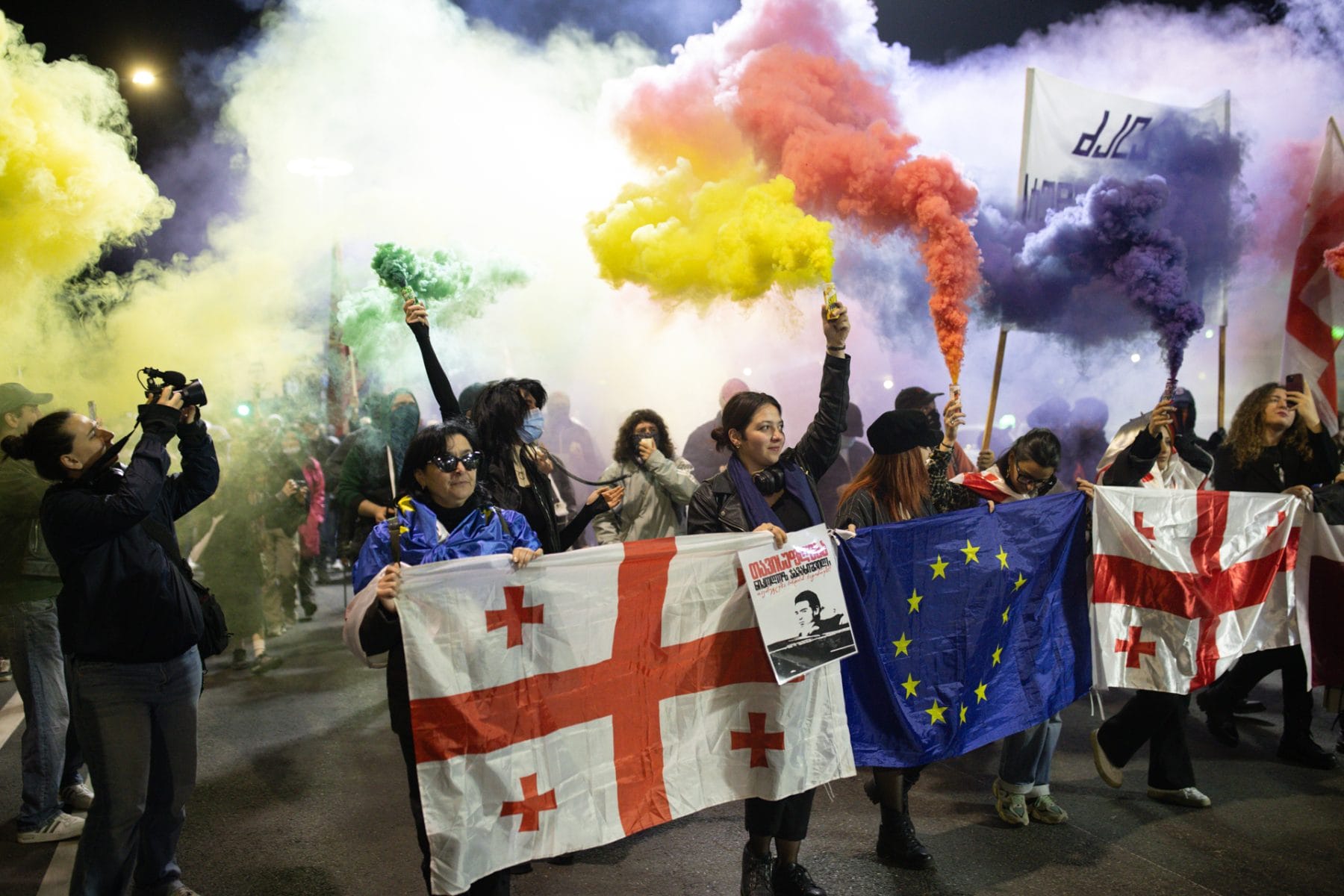
Students and families of those arrested during the demonstration renew the oath they take exactly one year ago, on April 19, 2024, during the protests against the Russian law. Artists and protesters for free and independent public television also join the march. After taking the oath, the demonstrators head to the parliament building and to Kashueti Church to celebrate Easter together. Sebastien Canaud/NurPhoto via Getty Images.

Somewhere in the corridors of power in Tbilisi, gathering dust, are the glass boxes full of Georgian dreams written down on cards by ordinary people filled with hope. A source with access to Georgian Dream’s offices managed to extract a handful of these cards and hand them over to me.
In these cards, people ask the oligarch for jobs and apartments, to sponsor tuition fees and medical treatment. Reading through these requests, I began to see how easy it was for one absurdly wealthy man to trick a whole country into surrendering itself to him.
Perhaps the most painful part of Georgia’s rapid descent towards dictatorship is that you now see people you know – friends, relatives, colleagues – becoming a part of the system, or at least refusing to resist it.
When the dictatorship of my childhood imploded, an entire generation, including university professors like my parents, found themselves lost and unneeded in the strange new world that the shattered superpower left in its wake. That world belonged to opportunists like Ivanishvili, who made fortunes in murky waters. Those who could not, migrated, streaming abroad to make a living. They drove cabs and cleaned homes in foreign cities, complaining to their eye-rolling clients that they were educated professionals – teachers, engineers and musicians – back in their obscure homeland.
Three decades later, dictatorship 2.0, built on Ivanishvili’s money, has come for my generation, for those of us who have made careers as journalists, human rights advocates, development workers and corruption-fighters. Our choices are stark: submit to the oligarch’s will; go to prison; leave the country. In my circle of friends and colleagues, we joke about the books we will read in prison or about the Ubers we might soon be driving in Berlin or New York.
Maybe people in those cities, even now, look at Georgia and say “that could never happen to us.” They have, they reassure themselves, democratic traditions that go way back and institutions in place to guard against encroachments on their freedoms. “We will,” they might say, “never be a Georgia.” They would be wrong.




